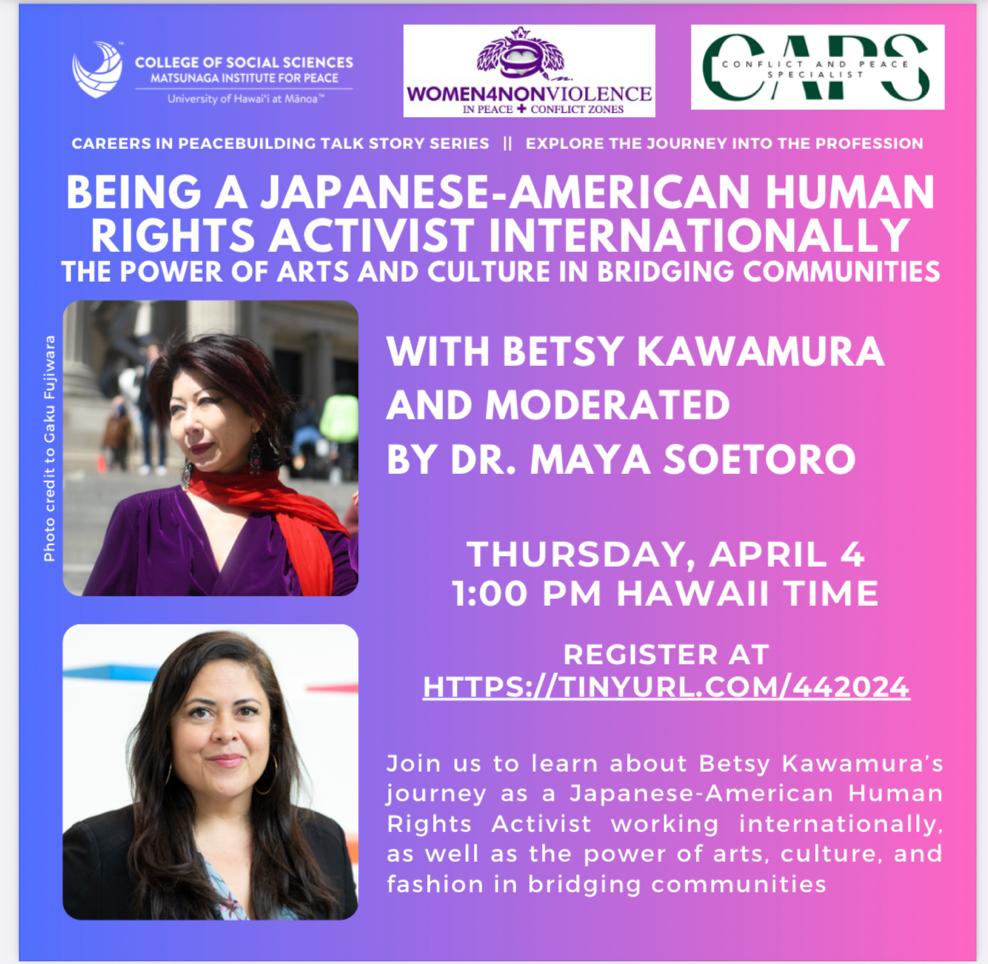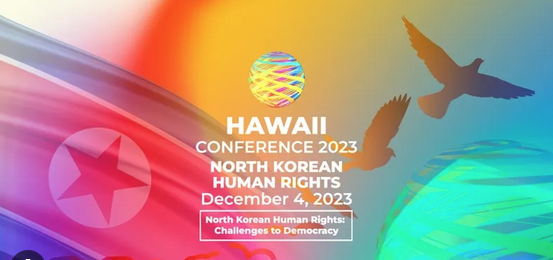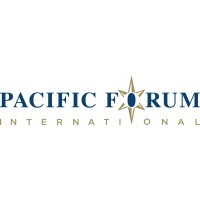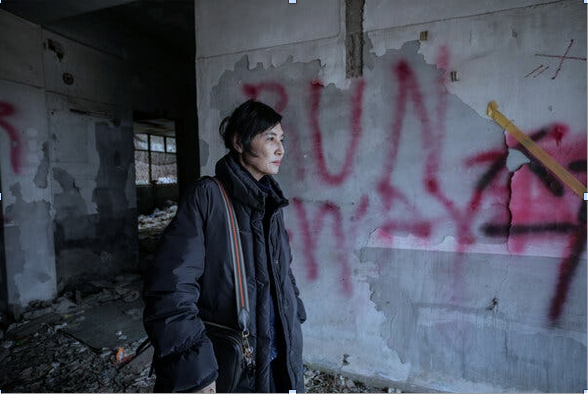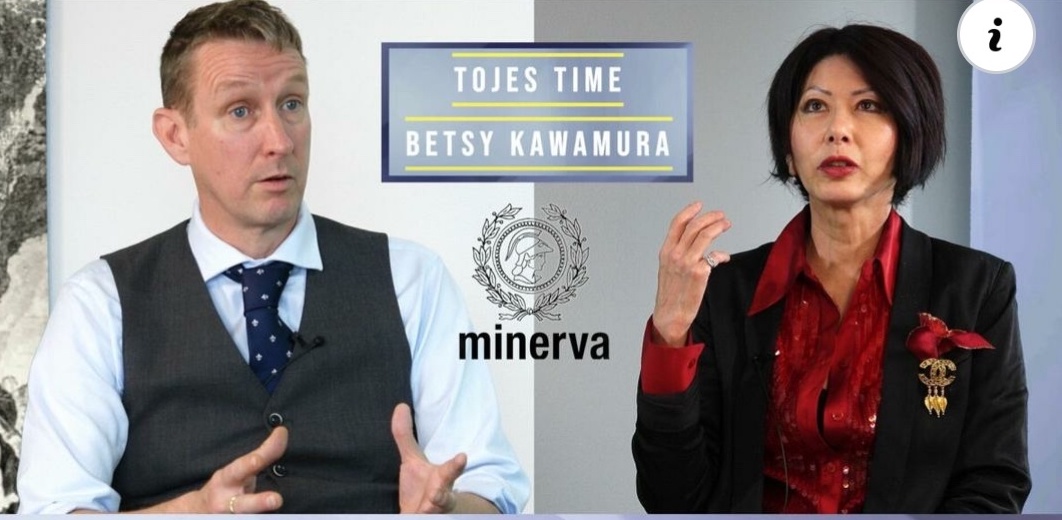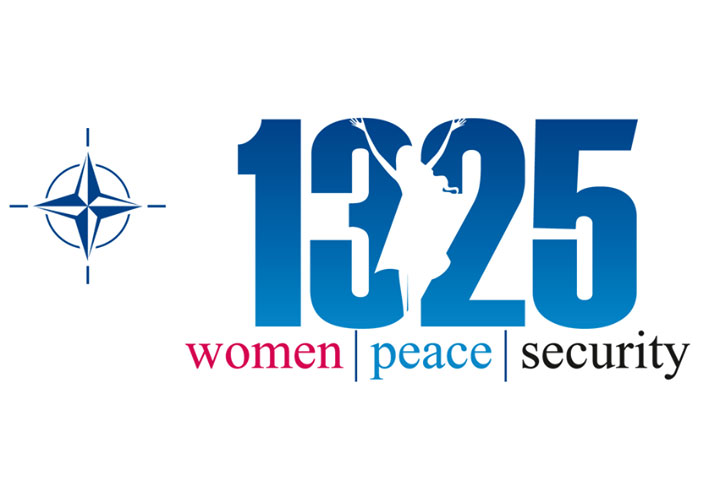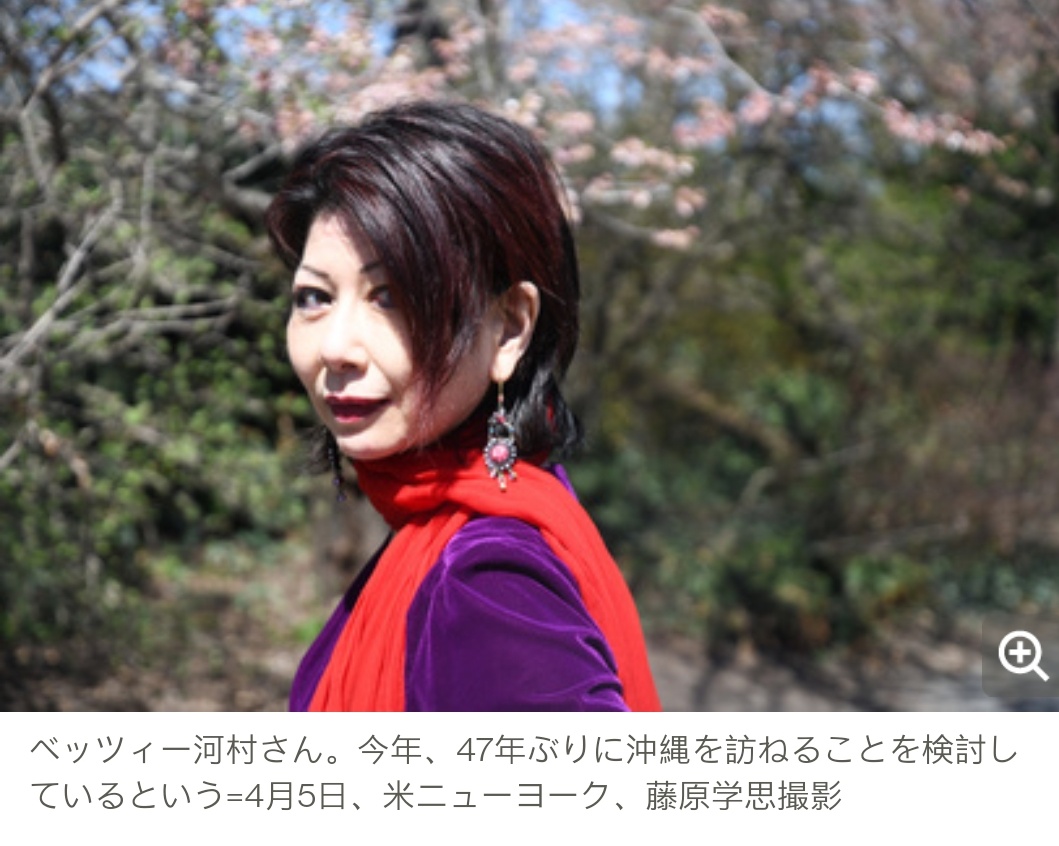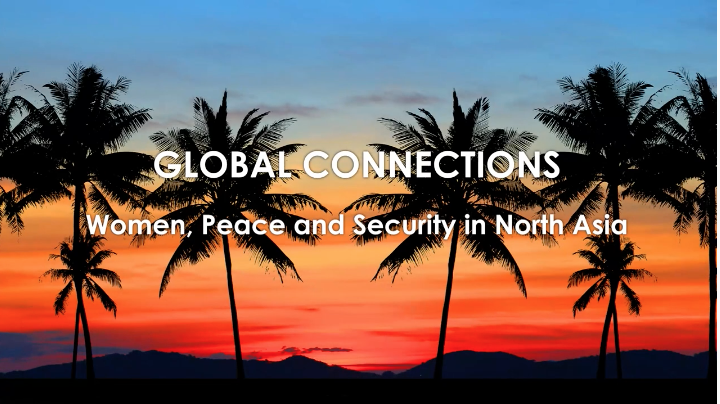Post-WWII Japan
Pan-Pan Girls of Japan: USA and Japanese Collaboration on War-Time Prostitution
Here below are important resource materials regarding sexual gender based violence and political relations between USA and Japan which are of historical significance. They describe the 'Pan-Pan Women', who were mainly Japanese women used to tragically provide sexual services for the USA military that occupied Japan post-WW II. There have been no known official 'apologies' for the abuse of women either by the US or Japanese governments. We are exchanging information with some researchers in international criminal and humanitarian law to explore justice for the women in Far East Asia who endured regrettable conditions enabled by both US and Japanese governments. The special Status of Force Agreement that the US obliges upon its host countries and other 'secret agreements' often prevent the course of justice. It would be of interest to determine whether UNSCR 1325 or any of the more recent resolutions on women, peace and security can overcome such secret agreements that provide immunity from prosecution. (The last reference on GI's and Frauleins: The German-American Encounter in 1950s West Germany is also of historical interest.)
'The Japan-U.S. Military Prostitution System in Occupied Japan (1945-1952)'
Dr. Michiko Takeuchi, California State University, Long Beach, USA. Professor Takeuchi’s research examines the socio-historical, political, and cultural experiences of a group of Japanese women who were originally organized by the Japanese government to provide sexual services to U.S. Occupation Forces in Japan right after WWII (1945-1952). To capture these women’s voices, Professor Takeuchi conducted oral interviews in Yokosuka, Kanagawa prefecture (where the largest U.S. Navy base is located) in Japan.
'Women of the Night - Japan & the Allied Occupation'
Please click here to see exceptional photographs by John Bennet of Japanese women prostituted mainly for USA GIs in Japan post-WWII.
'Over There: Living with the U.S. Military Empire from World War Two to the Present'
Editors: Dr. Maria Hoehn, Dr. Seungsook Moon
Contributors: Maria Hoehn, Seungsook Moon, Michiko Takeuchi, Donna Alvah, Chris Ames, Robin Riley, Christopher T. Nelson, Jeff Bennett
Published: 2010 ISBN 978-0-8223-4827-6 ISBN 978-0-8223-4818-4
'Over There ' explores the social impact of America's global network of more than 700 military bases. It does so by examining interactions between U.S. soldiers and members of host communities in the three locations: South Korea, Japan and Okinawa, and West Germany, where more than-two thirds of American overseas bases and troops have been concentrated for the past six decades. The essays in this collection highlight the role of cultural and racial assumptions in the maintenance of the American military base system, and the ways that civil-military relations play out locally. Describing how political, spatial, and social arrangements shape relations between American garrisons and surrounding communities, they emphasize such factors as whether military bases are located in democratic nations or in authoritarian countries where cooperation with dictatorial regimes fuels resentment; whether bases are integrated into neighboring communities or isolated and surrounded by "camp towns" wholly dependent on their business; and whether the United States sends single soldiers without families on one-year tours of duty or soldiers who bring their families and serve longer tours. Analyzing the implications of these and other situations, the contributors address U.S. military regulated relations between GIs and local women; the roles of American women, including military wives, abroad; local resistance to the U.S. military presence; and racism, sexism, and homophobia within the U.S. military. 'Over There' is an essential examination of the American military as a global and transnational phenomenon.
About The Authors:
Dr. Maria Hoehn is Professor of History at Vassar College. She is the author of 'GIs and Frauleins: The German-American Encounter in 1950s West Germany' and (with Martin Klimke) 'A Breath of Freedom: The Civil Rights Struggle, African American GIs, and Germany'.
Dr. Seungsook Moon is Professor of Sociology at Vassar College. She is the author of 'Militarized Modernity and Gendered Citizenship in South Korea', also published by Duke University Press.
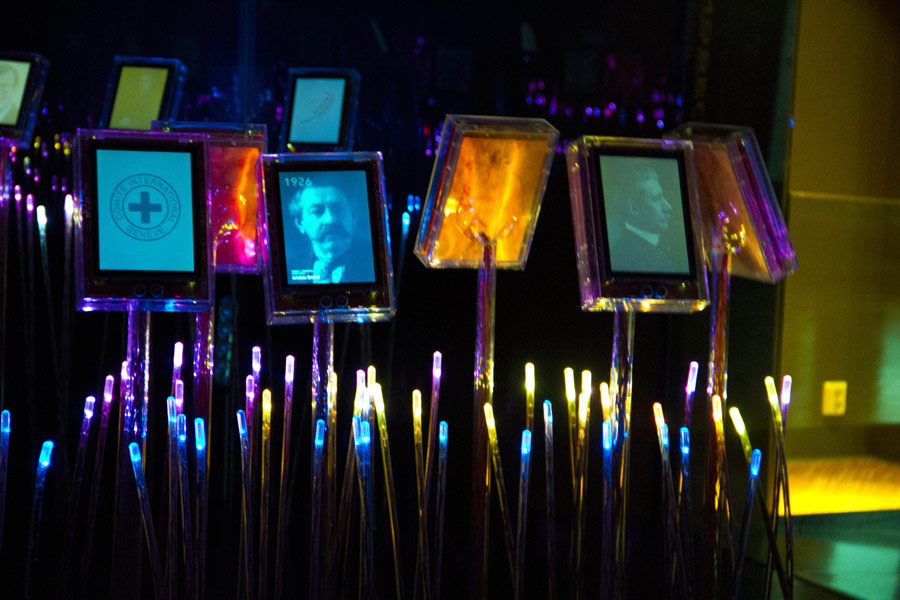 Ana Elisa Fuentes
Ana Elisa Fuentes Pan-Pan Women in Japan Post WWII - Late 1940's
Pan-Pan Women in Japan Post WWII - Late 1940's